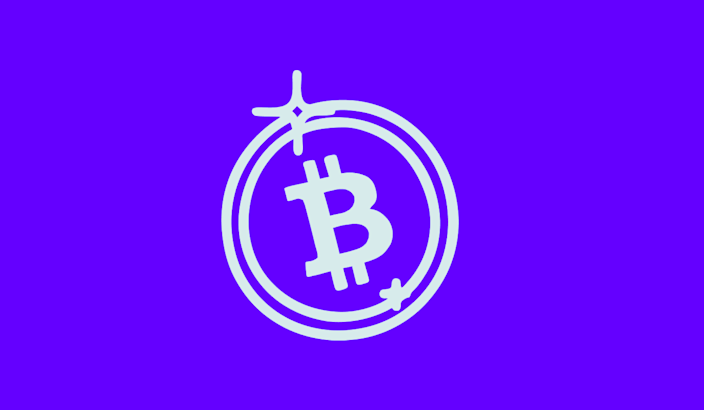What is Bitcoin?

When asking the question “What is Bitcoin” you raise a question that could take several thousands of pages to answer, since it is more of a philosophical question that derives from the statement “What is money?”.
Due to the above statement, this text will focus more on the technical aspect of “What is Bitcoin” and how it works.
Bitcoin was created theoretically as a whitepaper in 2008 by a person or a group, the alias the writer or writers went by is Satoshi Nakamoto. After this paper was launched, a group of developers called “the core developer” started to create this concept of Bitcoin that was laid out by Satohis Nakamoto in the nine page whitepaper and on January 1:th, the first block on the Bitcoin blockchain was minted, the so called “Genesis block”.
How does it work?
The intention of the creation of Bitcoin was to make it a distributed digital cash system that solves the dublespent problem without using a third-party intermediary; it succeeds with this due to the use of a public blockchain as well as a mechanism for aligning consensus regarding the transactions that occur within the network.
Blockchain
A public blockchain can be described as the following: an open, decentralized, incorruptible database. So, in the context of Bitcoin the following illustration can be made. Instead of a bank keeping track of the transactions via their own private ledger, the blockchain contains a ledger that is visible and open for everyone, hence no need for a third-party intermediary, such as a bank, to keep things in order. The bitcoin blockchain is built in a non-hierarchical way, in other words, there is no central unit that governs all the entities. In a blockchain database-structure all the entities are connected to each other, which makes it possible to attain decentralization.
Consensus
So, how does a Bitcoin transaction work and how is it different from a regular fiat transaction that is integrated into the legacy system? First and foremost, a Bitcoin transaction occurs peer to peer, while a fiat transaction is conducted via several intermediaries, such as issuing banks, card schemes, acquiring banks and clearing houses, to name a few. The infrastructure needed to conduct a Bitcoin transaction is a Bitcoin wallet for the sender as well as for the recipient. The Bitcoin network takes care of the rest, hence, peer to peer and no central intermediaries. To gain an understanding on what this actually means, it could be helpful to illustrate how a Bitcoin transaction is conducted and include the different steps until it reaches consensus and final settlement.
In order for a Bitcoin transaction to be approved, it needs to reach consensus within the network, a consensus regarding that the transaction is true or that it is false. This is reached when over 50 percent of the nodes within the networks agree that the transaction is true. Once a transaction has reached consensus it is put into the blockchain, this is when a blockchain transaction has been settled.
So, for you as a user, the Bitcoin transaction could be illustrated as follows: You receive the recipient's public wallet address and start the transaction by using your Bitcoin wallet, the transaction is put into the network and starts to propagate throughout all of the nodes until it reaches consensus of 51%. After it has reached consensus, the transaction is put into the blockchain and the transaction is settled and arrives in the recipient's wallet.
Monetary premium
Bitcoin is built with blockchain technology, which makes it possible to attain a decentralized monetary system that lives without third-party intermediaries, such as banks. Why is this powerful? Without dwelling down into economics, the concept of Bitcoin in general is an incredible innovation. Bitcoin enables us to have a monetary premium that is detached from all the central authority i.e., banks, politicians etc. To clarify, Bitcoin is not detached from regulation, but it is impossible for central authorities to inflate your Bitcoin, or to keep you from accessing it. This is a powerful freedom tool for people living under financial oppression. The enablement of real self-sovereignty for your finances is a key for enabling a more humane future for people that are living under authoritarian regimes, as well as hyper-inflation, bank runs and other financial related disasters. This is why Bitcoin is so powerful for many people and perceived as a freedom technology.